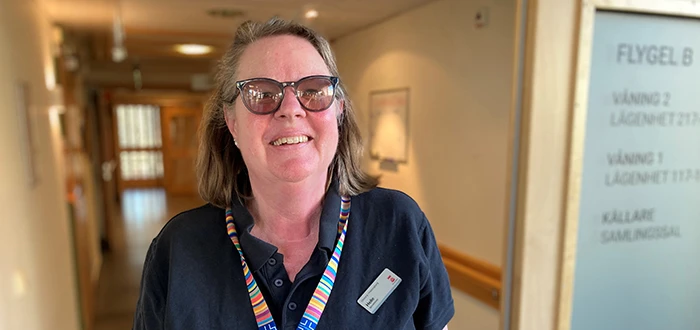A toilet seat designed to help the elderly in the city’s care homes
When memory fails, everyday routines such as attending to bathroom needs can be forgotten. How can nurses ensure that their care patients tend to their daily needs? Helleringen is a tool designed to track toilet visits for individuals suffering from cognitive impairment, ensuring appropriate care interventions are carried out.

It is important to keep track of toilet visits, as prolonged constipation can potentially lead to painful intestinal blockages. Constipation can also cause weight loss, nausea, and decreased appetite, diminishing the quality of life for otherwise physically healthy individuals.
“Many individuals can manage on their own and can communicate if they are experiencing constipation. However, those who cannot are at risk of becoming severely constipated, and this can result in physical symptoms that their brain cannot interpret. The goal of Helleringen is, therefore, to improve the quality of life for individuals with memory impairment.” says Helle Wictor, the creator and nurse at Valltorp Care Home, the Care and Welfare Administration in the City of Helsingborg.
The technology behind this innovation involves a small radar in the seat that registers the toilet visit. Helleringen is currently being tested and has been under development since the autumn of 2022; it is not ready for use yet. The current tests are taking place in a restroom at EC Solutions’ office. Each visitor connects to Helleringen through an app and records what happened during their visit. The goal is to test Helleringen on ten prototypes in the spring of 2023, collecting 3,000 data sets, translating to 3,000 unique toilet visits. This data will then be used to train Helleringen’s machine-learning algorithm to become more accurate.
The information produced by the Helleringen when a patient has used the toilet aids the healthcare staff in providing better care for individuals with conditions such as dementia, ensuring that a constipated person receives the necessary assistance.
“It will be really exciting to see how the tests progress. If everything works as intended, it can truly be an asset in our work to provide the right treatment to our patients,” says Helle Wictor.
